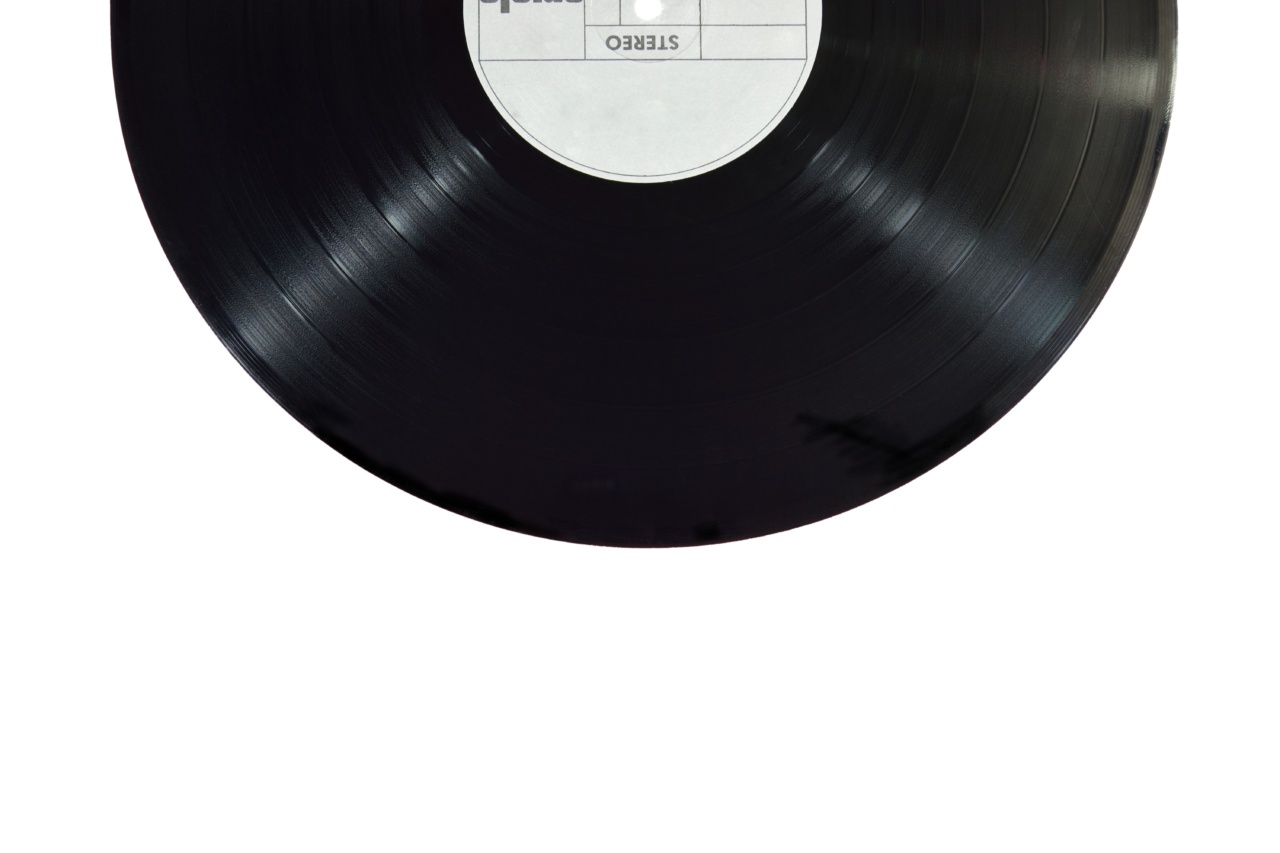Disc herniation is a common spinal condition that occurs when the soft cushion-like discs that separate the vertebrae in your spine rupture. This can cause pain, numbness, and weakness in various parts of the body, depending on which disc is affected.
In this article, we will explore the causes of disc herniation and some of the solutions available to treat and manage this condition.
What Causes Disc Herniation?
There are several causes of disc herniation, including:.
- Aging: As we age, the discs in our spine lose their flexibility, making them more prone to rupture.
- Injury: Trauma to the spine, such as a car accident or fall, can cause a disc to herniate.
- Obesity: Being overweight puts extra pressure on the discs in your spine, making them more susceptible to injury.
- Genetics: Some people are born with a genetic predisposition to disc herniation.
- Lifestyle factors: Poor posture, lack of exercise, and smoking can all contribute to the development of disc herniation.
What Are the Symptoms of Disc Herniation?
The symptoms of disc herniation can vary depending on the location of the herniated disc. Some common symptoms include:.
- Pain: This is the most common symptom of disc herniation. The pain can be sharp or dull and can radiate to other parts of the body, such as the arms or legs.
- Numbness or tingling: Some people with disc herniation may experience numbness or tingling in the affected area.
- Muscle weakness: In severe cases, disc herniation can cause muscle weakness, making it difficult to perform everyday tasks.
- Loss of bladder or bowel control: In rare cases, disc herniation can cause a loss of bladder or bowel control, which requires immediate medical attention.
How Is Disc Herniation Diagnosed?
If you are experiencing symptoms of disc herniation, your doctor will likely perform a physical exam and ask you about your symptoms. In some cases, imaging tests, such as X-rays, MRI, or CT scans, may be needed to confirm the diagnosis.
Treatment Options for Disc Herniation
There are several treatment options available for disc herniation, including:.
- Medications: Over-the-counter pain relievers, such as ibuprofen or acetaminophen, can help relieve the pain associated with disc herniation. Your doctor may also prescribe stronger medications, such as muscle relaxants or opioids, if your pain is severe.
- Physical therapy: Physical therapy can help strengthen the muscles around the affected disc, improving your overall mobility and reducing the risk of further injury.
- Steroid injections: Corticosteroid injections into the affected area can help reduce inflammation and relieve pain.
- Surgery: In severe cases, surgery may be needed to remove the herniated portion of the disc or fuse the affected vertebrae.
Preventing Disc Herniation
While some cases of disc herniation are inevitable, there are steps you can take to reduce your risk of developing this condition, including:.
- Maintain proper posture: Keeping your spine properly aligned can help reduce the risk of disc herniation.
- Exercise regularly: Regular exercise can help strengthen the muscles surrounding your spine, reducing the risk of injury.
- Eat a healthy diet: A balanced diet can help you maintain a healthy weight, reducing the pressure on your spine.
- Avoid smoking: Smoking can increase your risk of disc herniation by reducing blood flow to the discs in your spine.
- Use proper lifting techniques: When lifting heavy objects, use your legs to lift, not your back.
Conclusion
Disc herniation is a common spinal condition that can cause pain, numbness, and weakness in various parts of the body.
While some cases are inevitable, there are steps you can take to reduce your risk of developing this condition, such as maintaining proper posture, exercising regularly, and avoiding smoking. If you are experiencing symptoms of disc herniation, speak to your doctor about the treatment options available to you.





























